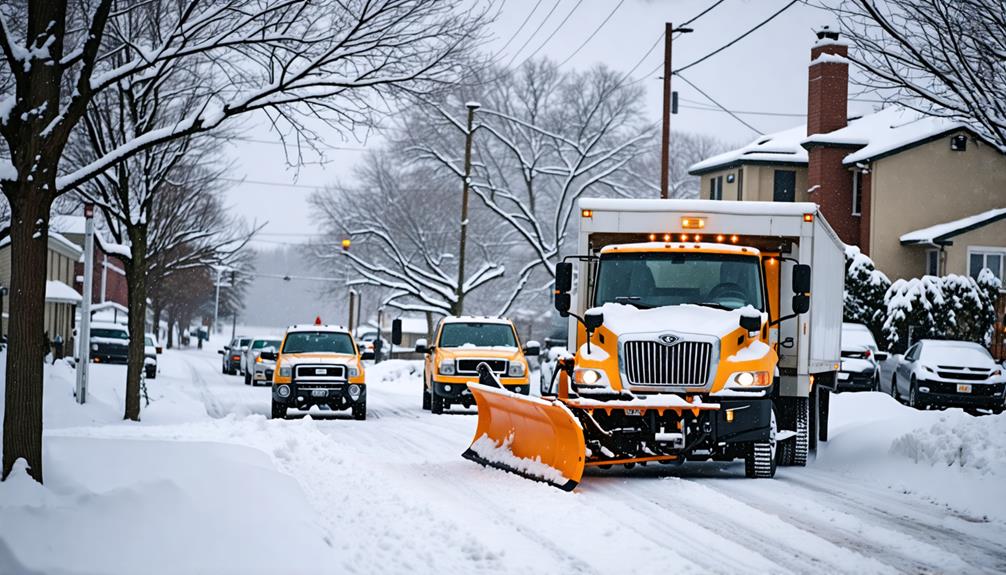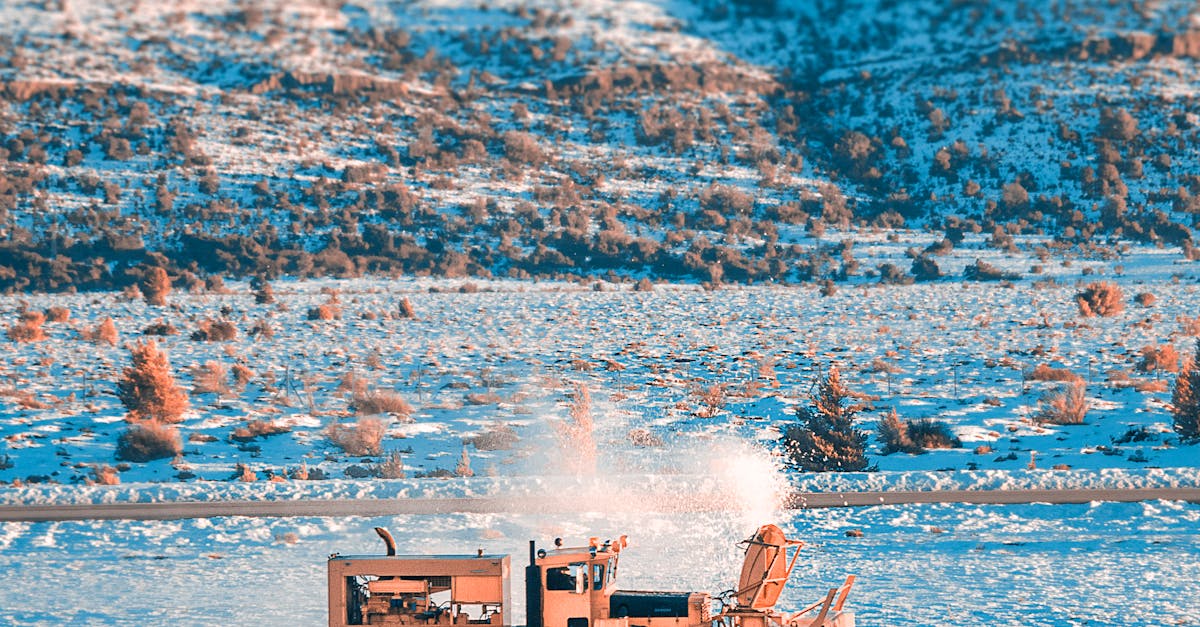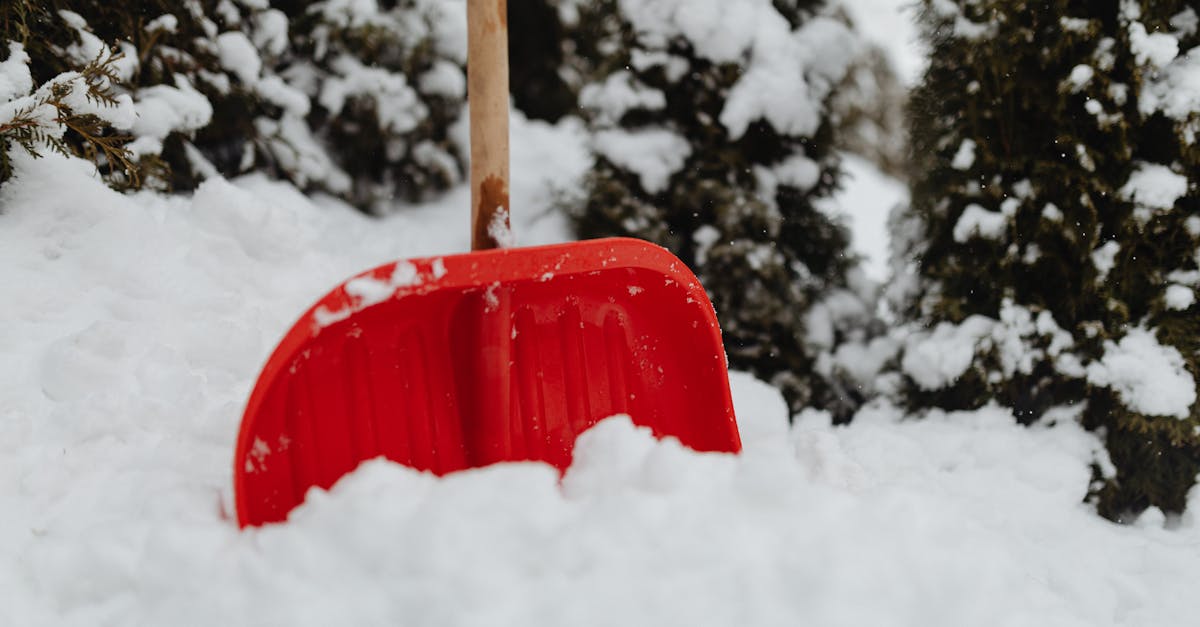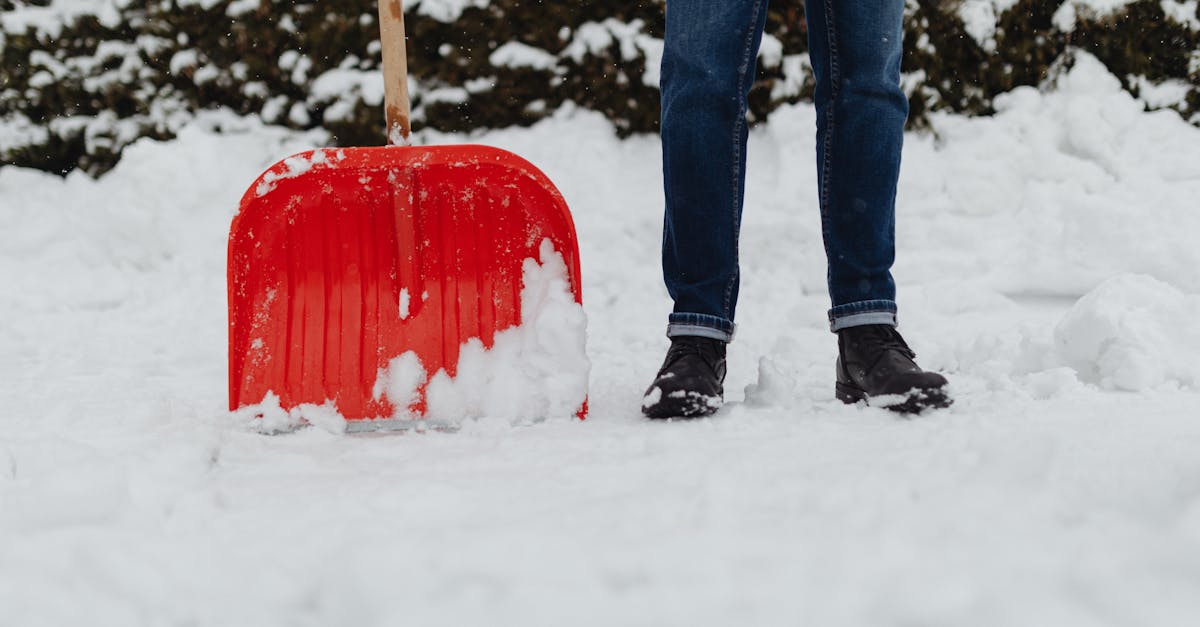
Table Of Contents
The Role of "Shoveling" in American English
"Shoveling" serves as a prominent term within American English, particularly in contexts related to winter weather. The act of "shoveling" often becomes a significant part of daily life during snowy months. Many people find themselves engaged in snow shoveling as a necessary chore to clear driveways and sidewalks. This word has become ingrained in the culture, reflecting the realities many face in regions prone to heavy snowfall.
The term also carries with it a sense of community and tradition. Neighbors often come together, sharing the labor of snow shoveling to ensure safe passage for everyone. Its popularity emphasizes not just the physical action of moving snow but also the social interactions that occur during these chilly endeavors. The frequent use of "shoveling" highlights its relevance in American vernacular, showcasing a common experience faced by many during the winter season.
Its Importance in Everyday Language
"Shoveling" is a word that resonates with many Americans, especially in regions where winter weather brings heavy snowfall. The act of snow shoveling is not just a seasonal chore; it often becomes a communal activity that fosters neighborly connections. Conversations about snow shoveling can lead to shared experiences and even camaraderie, showcasing the importance of this word in everyday language.
In casual discussions, mentioning snow shoveling evokes vivid imagery and relatable experiences. It highlights the physical labor involved and the collective memory of winter storms. The word serves as a bridge between individuals, allowing them to express not only the practical aspects of the task but also the emotional weight that comes with it, such as frustration or nostalgia associated with winter storms.
The Impact of "Shoveling" on Communication
The term "shoveling" plays a significant role in everyday communication, especially during winter months when snow becomes a common experience. When people mention snow shoveling, it immediately evokes imagery of clearing driveways and sidewalks. This specific reference not only communicates a practical action but also conveys the shared challenges faced by communities in colder climates.
Snow shoveling can also serve as a metaphor for hard work and perseverance. When individuals discuss their efforts in snow shoveling, they often highlight themes of determination and resilience. This activity becomes a talking point that fosters connections among neighbors and encourages communal support during harsh weather conditions. In conversations, the word transcends its literal meaning, allowing individuals to express sentiments of solidarity amidst shared labor.
How it Conveys Meaning in Conversations
The term "shoveling" often evokes specific imagery and context, particularly in regions that experience heavy snowfall. When individuals mention "snow shoveling," it instantly brings to mind the image of clearing pathways and driveways after a winter storm. This immediate connection not only provides clarity but also communicates the urgency and necessity of the task during the colder months.
In conversations, using the word "shoveling" can also express a range of emotions. For some, it may highlight the laborious aspect of dealing with harsh weather, while for others, it might evoke fond memories of winter activities enjoyed with family. The familiar phrase "snow shoveling" thus serves as a linguistic tool that conveys meaning beyond the action itself, often embedding societal and cultural nuances within the dialogue.
The Evolution of Language and Usage
Language is constantly evolving, influenced by culture, technology, and social interactions. Words often gain new meanings or shift in usage over time due to various factors. The term "shoveling," particularly in the context of "snow shoveling," reflects how specific actions become embedded in everyday language. This change often illustrates broader societal trends, such as the increasing frequency of snowstorms in certain regions, leading to more discussions and references to this particular activity.
The way language transforms reveals not only changes in vocabulary but also shifts in communication practices. For instance, "snow shoveling" has grown from a simple task description to a phrase that encompasses community activities and shared experiences during winter. This adaptation demonstrates how language meets the needs of speakers and reflects their realities. As society continues to evolve, so too will the words we use, reflecting our changing priorities and experiences.
How Words Change Over Time
Language is constantly evolving, influenced by cultural practices and societal changes. Terms that were once niche occasionally become widely adopted as they resonate with everyday experiences. "Snow shoveling" serves as a prime example; it transitioned from a practical description of a winter chore to a colloquial term that evokes a sense of community as neighbors help each other during heavy snowfall.
The growing prominence of "snow shoveling" in regional dialects highlights how environmental factors shape vocabulary. As urbanization increases and weather patterns shift, the frequency with which individuals engage in shoveling snow impacts the term's relevance. This shift showcases how language adapts to capture the realities of contemporary life, reflecting both collective memory and shared activity in society.
FAQS
Is "shoveling" a real word?
Yes, "shoveling" is a real word in American English, commonly used to describe the act of moving snow, dirt, or other materials with a shovel.
How is "shoveling" used in everyday language?
"Shoveling" is often used in discussions about winter weather, home maintenance, and construction. It plays a significant role in conveying specific actions related to these activities.
Does the spelling of "shoveling" vary in different forms of English?
Yes, in British English, "shoveling" is typically spelled "shovelling," with a double 'l'. However, both spellings refer to the same action.
Why is understanding the word "shoveling" important for communication?
Understanding the word "shoveling" enhances clarity in conversations, especially when discussing tasks related to outdoor work, safety issues, or weather conditions.
How has the use of the word "shoveling" evolved over time?
Like many words in the English language, "shoveling" has evolved in usage and meaning, reflecting changes in society and the necessities of everyday life, such as increased urbanization and changes in climate.




